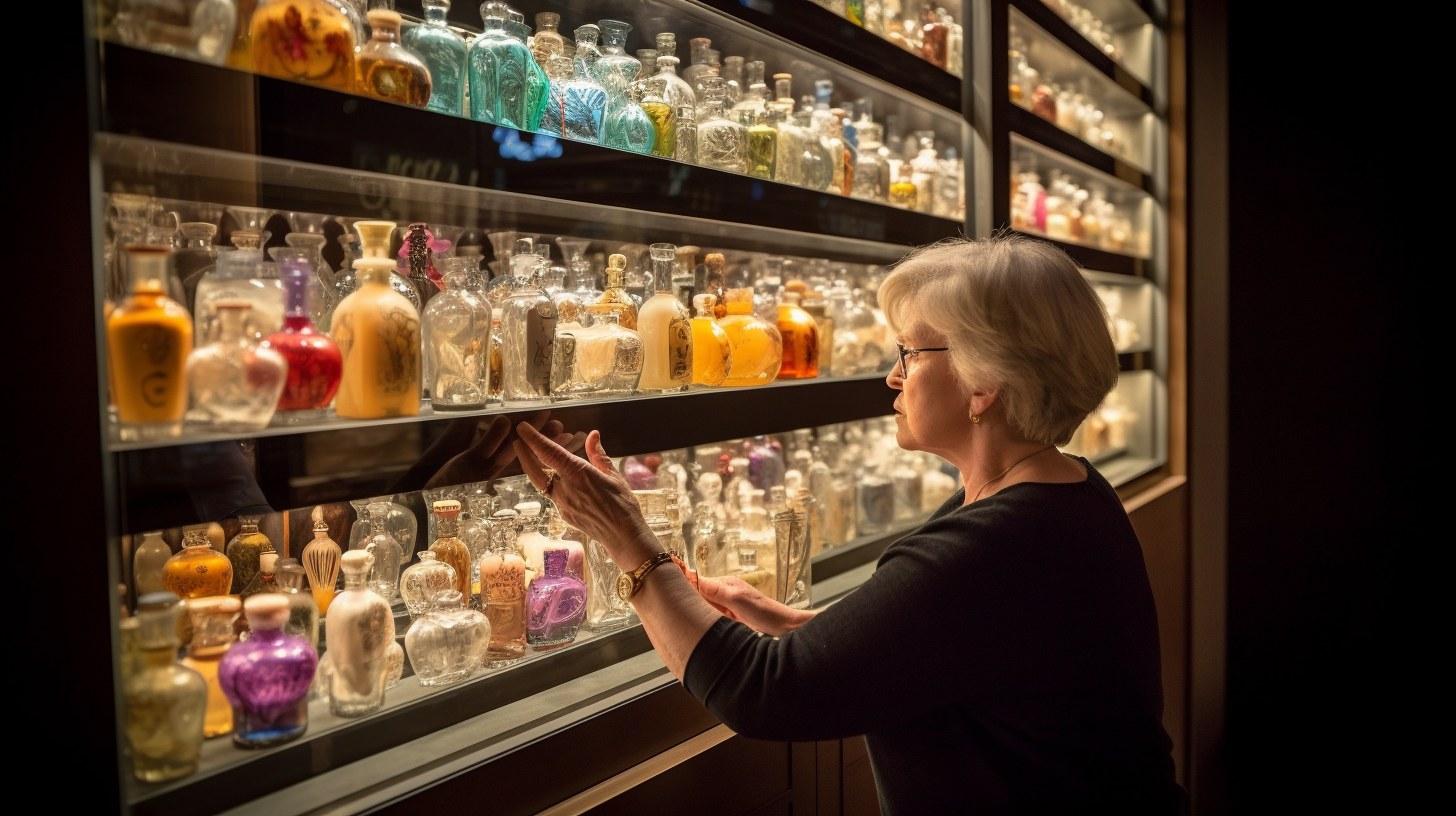Understanding the Distinction: Cologne vs Perfume Explained
When it comes to personal fragrance, people often use the terms “cologne” and “perfume” interchangeably. However, there are significant differences between the two that go beyond the gendered marketing tactics used to sell them. Understanding these differences can help you choose the right fragrance for your needs and preferences. In this blog post, we’ll explore the distinctions between cologne and perfume, including their ingredients, concentration levels, fragrances, and when to wear each one.
What is Cologne?
Cologne is a type of fragrance that typically has a lower concentration of essential oils than perfume. It contains a combination of water, alcohol, and fragrant oils. The term “cologne” originated in Cologne, Germany, where it was originally created as a refreshing scent for men. Over time, cologne has become a catch-all term for fragrances marketed towards men.
Cologne is known for its light and fresh scent that doesn’t last as long as perfume due to its lower concentration of essential oils. It’s perfect for casual daytime wear or as a subtle fragrance for work environments where strong scents may not be appropriate.
What is Perfume?
Perfume is a type of fragrance that has a higher concentration of essential oils than cologne. It contains a combination of water, alcohol, and fragrant oils that create a more potent scent than cologne. Perfume originated in ancient Egypt and was used primarily by women as an accessory to enhance their beauty.
The strength of perfume varies depending on its classification: Eau de Parfum (EDP) has a higher concentration of essential oils than Eau de Toilette (EDT), making it more potent and longer-lasting. It’s best suited for evening wear or special occasions where you want to make an impact.
Ingredients
The main difference between cologne and perfume is the concentration of essential oils, but the ingredients used in each also differ. Cologne typically contains a blend of citrus, floral, and herbal notes that create a light and refreshing scent. On the other hand, perfume can contain a wider range of ingredients, including woodsy, spicy, and musky notes that create a more complex fragrance.
When choosing between cologne and perfume, it’s important to consider your personal preferences and the occasion for which you’ll be wearing it. If you’re looking for a subtle daytime fragrance, cologne may be the best choice. If you want to make an impression at a special event or evening occasion, perfume may be more appropriate.
Concentration
The concentration of essential oils is another key difference between cologne and perfume. Cologne has a lower concentration of essential oils than perfume, making it less potent and shorter-lasting. Perfume has a higher concentration of essential oils than cologne, making it more potent and longer-lasting.
It’s important to note that there are different classifications of perfume based on their concentration levels:
- Eau Fraiche: 1-3% fragrance oil
- Eau de Cologne: 2-4% fragrance oil
- Eau de Toilette: 5-15% fragrance oil
- Eau de Parfum: 15-20% fragrance oil
- Perfume Extract: 20-30% fragrance oil
Understanding these classifications can help you choose the right type of fragrance for your needs based on its potency and longevity.
Fragrances
Cologne and perfume also differ in terms of the fragrances they contain. Cologne typically has a lighter and fresher scent, while perfume can contain a wider range of notes, including woodsy, spicy, and musky scents.
It’s important to note that fragrances can smell different on different people due to factors such as skin type, body chemistry, and the environment. When choosing a fragrance, it’s recommended to test it on your skin before purchasing to see how it smells on you.
When to Wear Cologne vs Perfume
The occasion for which you’ll be wearing cologne or perfume is an important factor to consider when choosing between the two. Cologne is best suited for casual daytime wear or as a subtle fragrance for work environments where strong scents may not be appropriate.
Perfume, on the other hand, is more appropriate for evening wear or special occasions where you want to make an impact. It’s important to remember that perfume has a stronger scent and can be overwhelming in certain situations. If you’re wearing perfume to work or in a crowded space, it’s recommended to apply it sparingly.
The Impact of Marketing and Pricing
The marketing tactics used for cologne and perfume can also influence our perceptions of these fragrances. Historically, cologne has been marketed towards men, while perfume has been marketed towards women. However, this gendered marketing is starting to shift as more people embrace gender-neutral fragrances.
Pricing can also play a role in our perceptions of cologne and perfume. Generally speaking, perfumes are more expensive than colognes due to their higher concentration of essential oils. However, pricing can vary depending on the brand and marketing strategy used for each fragrance.
Conclusion
In conclusion, understanding the differences between cologne and perfume can help you choose the right fragrance for your needs and preferences. Cologne typically has a lower concentration of essential oils than perfume and is best suited for casual daytime wear or as a subtle fragrance for work environments. Perfume has a higher concentration of essential oils than cologne and is more appropriate for evening wear or special occasions where you want to make an impact.
When choosing between cologne and perfume, it’s important to consider factors such as ingredients, concentration levels, fragrances, and the occasion for which you’ll be wearing it. It’s also important to remember that fragrances can smell different on different people due to factors such as skin type, body chemistry, and environment. Ultimately, the most important factor in choosing a fragrance is your personal preference.




